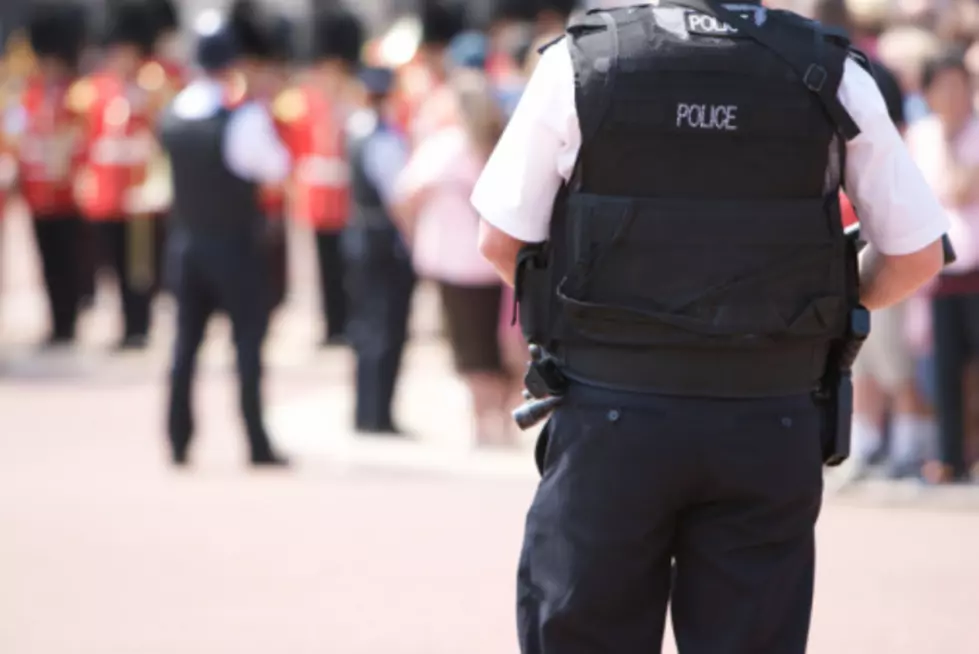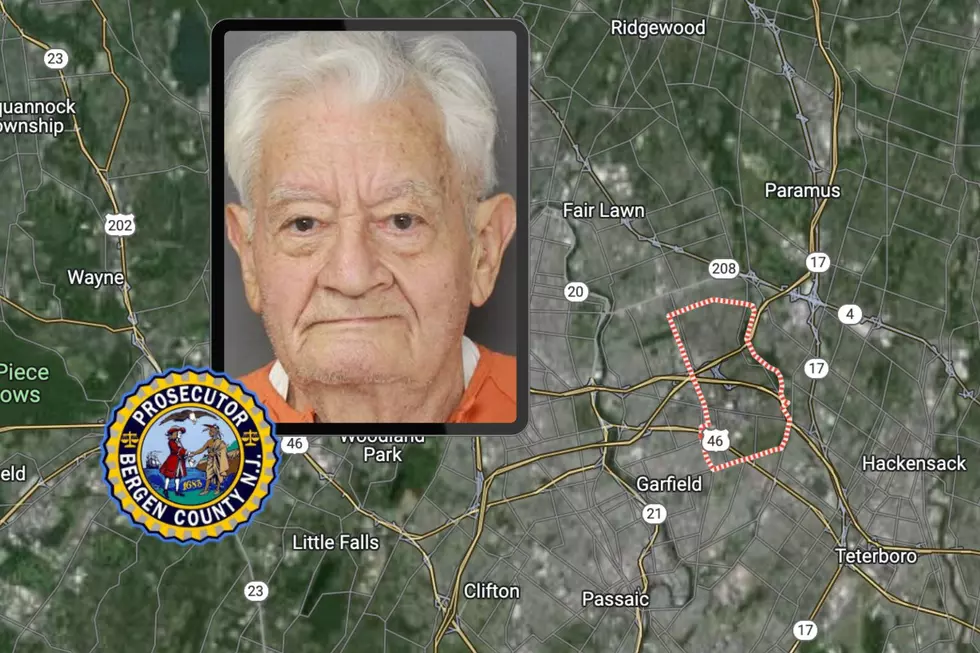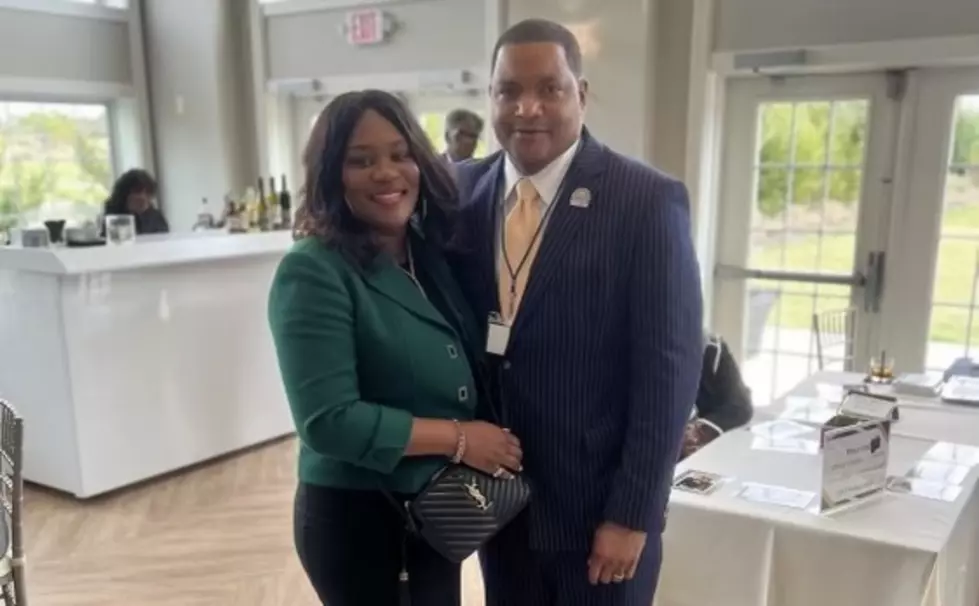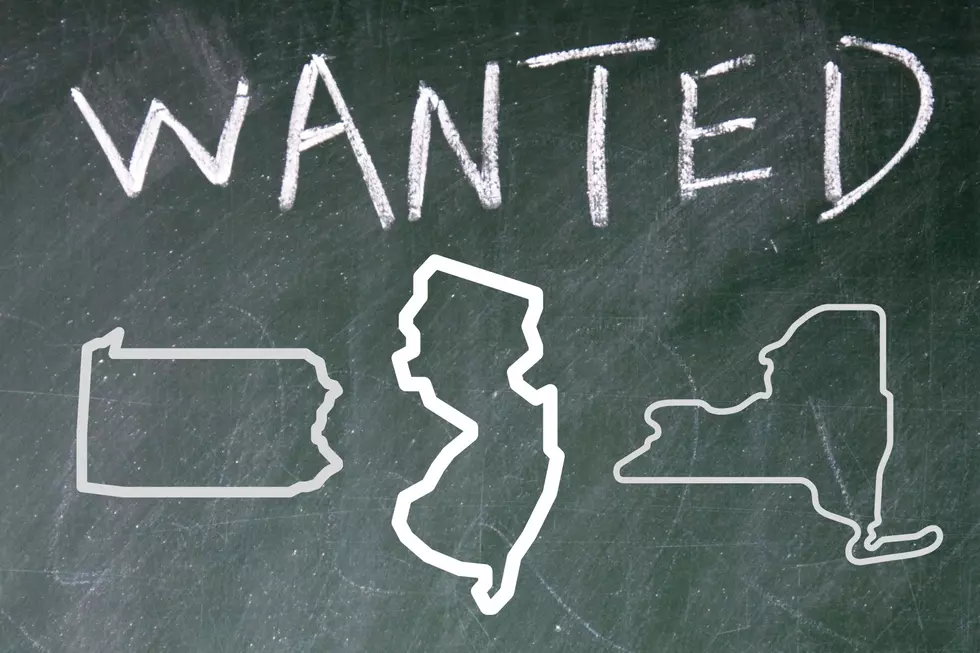
Start of Holiday Season Brings With it Heightened Terrorism Alert
As efforts to clamp down on ISIS continue following the terror attacks in Paris, the U.S. Department of Homeland Security is maintaining an elevated state of alert, which means there is a significant risk of a terror attack somewhere in America.
While ISIS has targeted Washington D.C. and New York City in its recent propaganda videos, there has been no specific threat made against New Jersey.
Meanwhile, law enforcement officials are ramping up security this week as Thanksgiving marks the beginning of the holiday season.
“We don’t go down and up with the seasons. We’re always at that constant state of vigilance, but the holiday season makes it an easier target because more people are together, more people are out at certain locations, and it may be something that’s just more visible for somebody who would want to commit a larger scale attack,” said Richard Frankel, special agent in charge of the FBI's Newark Division.
Officials said in the past they have seen evidence of terror groups targeting certain holidays.
“We have seen groups in the past try to prioritize targeting specific holidays or events, but we’ve also seen groups simply wait for the moment when they have capability,” said Nicholas Rasmussen, director of the National Counterterrorism Center in Washington D.C.
Rasmussen said while the holidays do pose certain national security challenges, counterterrorism departments are on alert every day of the year.
“It is a period of heightened vigilance because we watch for signs that terrorists or even lone wolf actors are looking to exploit those opportunities, but again we are at a pretty high state of tempo and readiness around the clock,” Rasmussen said.
U.S. Attorney for the District of New Jersey Paul Fishman said the bottom line is simple.
“Our goal is to keep people safe, and not just the people who would be harmed by a terrorist act, but to keep safe the people who would otherwise not perpetrate an act," Fishman said. "We’re hoping that by expanding the conversation and including all communities in dialogue, we can help to make everyone safer.”
One of the platforms counterterrorism officials keeps their eyes on is social media. Rasmussen said ISIS has proven itself to be very skilled at using social media to engage with people to propagate their message.
So how can authorities combat that?
"One option is to try to prevent them from doing that, but that’s difficult. How do you keep people offline? How you prevent people from engaging in online activity is nearly impossible given the free flow of information globally, but what we can do is look to propagate counter-narratives," Rasmussen said.
To do that, it involves getting people who have different views to make those views known.
“Encourage people who have alternate views, who have competing views, to be equally aggressive in putting forth their narrative and so that it becomes a competition, a marketplace of ideas,” Rasmussen said. “It’s our view in the marketplace of ideas the narrative put forth by extremist organizations is still overwhelmingly not resonating with the masses. Most people hear this narrative and reject it, but in order for people to reject it we need people putting out counter-narratives. Most ideas put forth by extremist organizations do not find a home in healthy communities.”
More From WPG Talk Radio 95.5 FM










